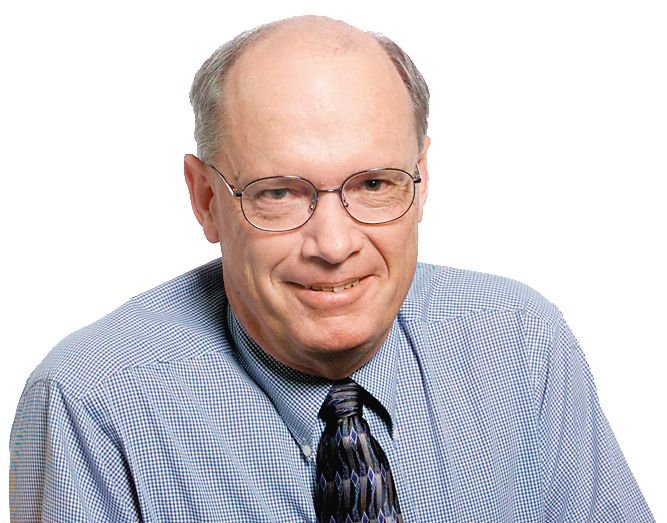Here are four questions to ponder as we examine the subject of freedom of speech at the local level. Your feedback is welcome via online comments or letters to the editor:
1. Does anyone else see the irony when some of our community’s most visible and ubiquitous public speakers complain that their freedom of speech is being denied?
That seems a little odd to me. Then again, sometimes I’m the odd guy in the room. But think about this. A dozen or so people regularly attend meetings of the Vancouver City Council and the Clark County commissioners. Some of us know more about these people than we know about Charlie Sheen. We fully understand their ideologies.
These meetings are televised locally, and repeatedly. These outspoken dozen or so folks take full benefit of the two public platforms — admirably so — and their multiple appearances on our TV screens are provided via public cable television. It’s difficult to imagine anyone getting more exposure in the community or having more opportunities to present a case. Yet some of these people insist their voices are not being heard and that their freedom of speech is somehow being suppressed. Other folks wonder if the outspoken dozen critics actually receive preferential treatment. Indeed, freedom flourishes best when it’s exercised responsibly.
2. Should there be limits on how long citizens can speak at public meetings?
Most rational people say yes.
Otherwise, a public meeting might never end. But this presents a difficult balancing act for elected officials. They want to maximize public participation, but they also know that the meetings should be run efficiently, to best serve the taxpayers.
Reasonable people endorse reasonable limits on the length of meetings and the length of each speaker’s presentation. Consider the recent congressional listening session in Vancouver about transportation needs. Everyone knew equitable controls would be instituted. The meeting lasted about two hours. The number of expert panelists was limited, as were public comments and the length of each individual’s presentation. The meeting was productive and efficiently run. That’s good for the politicians, and it’s good for the public.
3. Do we enjoy more freedom when one person speaks for 30 minutes, or when 10 people speak for three minutes each?
Here’s another way to phrase this question: On the facing page, would you rather read those four pieces or just one? Remember what we established in Question 2, that reasonable limits are necessary. That facing page only has limited space, so which do you prefer? Four pieces or one? Of course, the Sunday columnist would say one, and it should be his column, accompanied by photos of his grandchildren. But most readers would say four.
4. Does the frequent repetition of a particular point nurture freedom or suppress it?
The profusion of eye-rolling at local meetings is not totally the fault of the rollers. Such a reaction is hard to stifle when everyone knows what the next speaker will say before he or she begins. Here’s a question for the outspoken dozen: What are the chances you’ll ever change your mind about a new bridge or light rail? I’m guessing zero. Good for you! Firm beliefs are admirable. But if your ideologies are so immutable, where is the evidence that other people will be flexible in their beliefs? After all these years of planning and listening to the public about the bridge, are the elected officials suddenly going to bail out of their long journey?
Two hazards that were avoided at the congressional listening session often bubble up at other local meetings:
First, when free speech is not exercised responsibly (by citizens or by politicians, who also are capable of misusing the public forum), fewer people choose to participate in public meetings. Who could blame them? If you’re worried about getting gaveled down, or having to wait on speakers who make the same point for the 17th time and can’t condense their point into three minutes, why bother showing up?
Second, when public meetings are allowed to become oratorical free-for-alls, fewer people run for public office. And who could blame them as well? Instead of serving the community, they wind up listening only to a select few. And then, all we have left are the same politicians and the same outspoken dozen. Is that the best we can do, as stewards of a full democracy?
John Laird is The Columbian’s editorial page editor. His column of personal opinion appears each Sunday. Reach him at john.laird@columbian.com.



